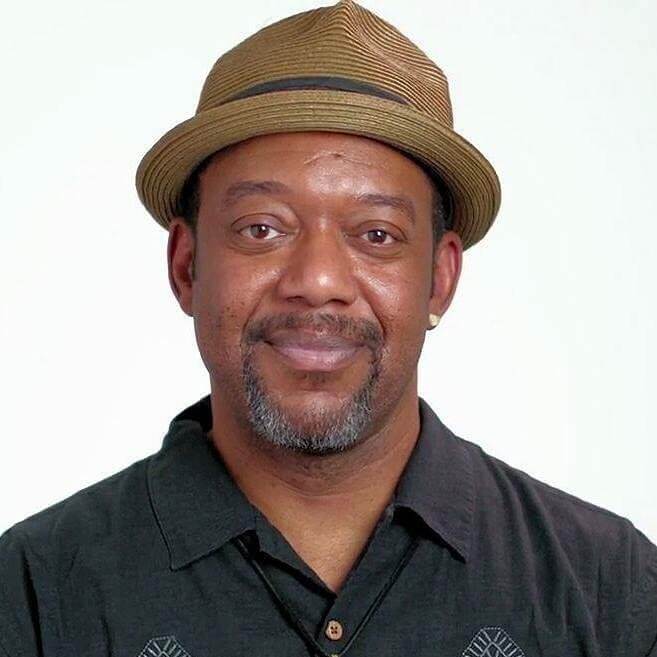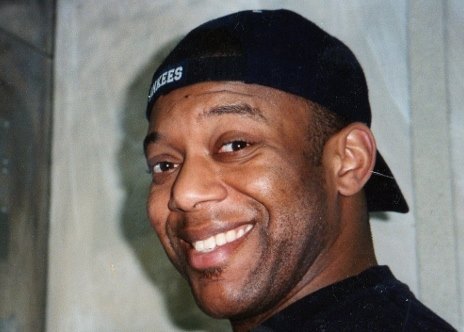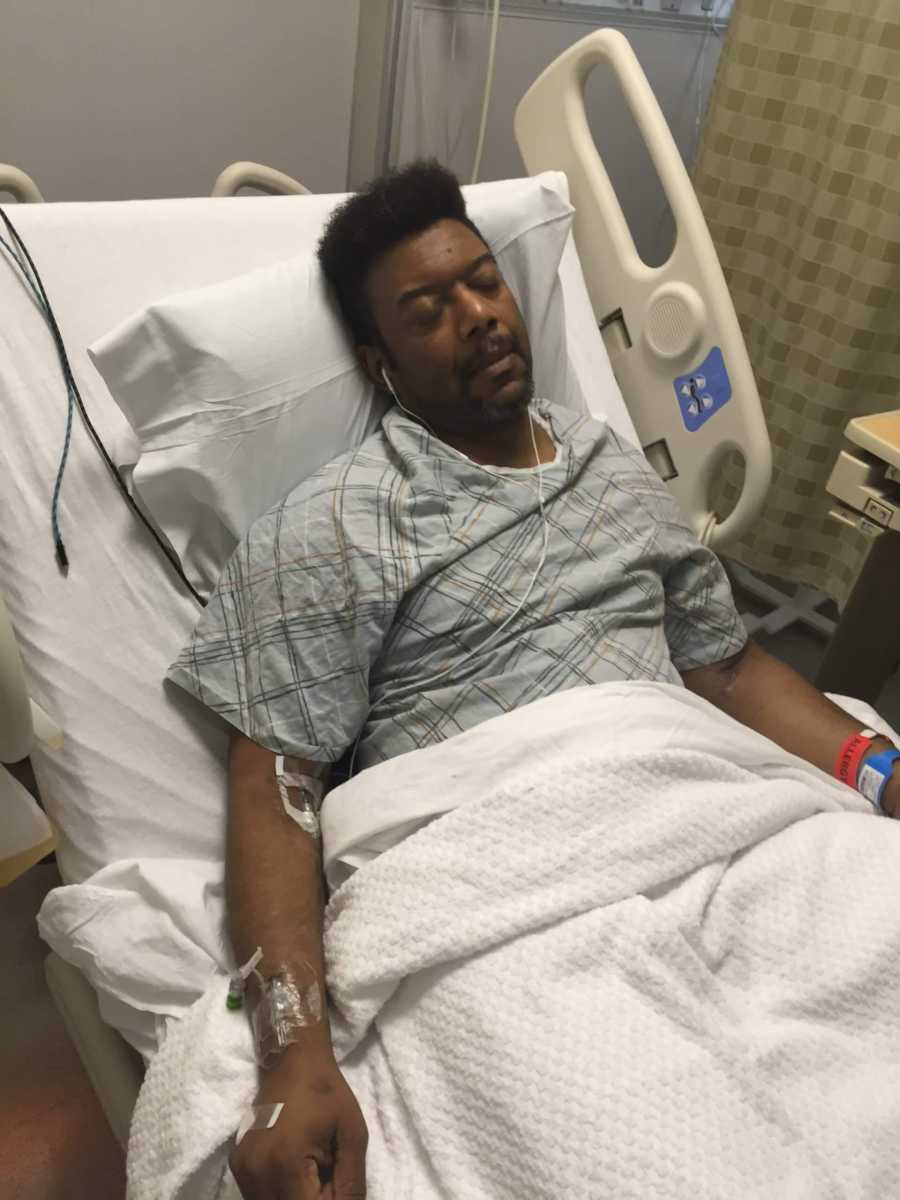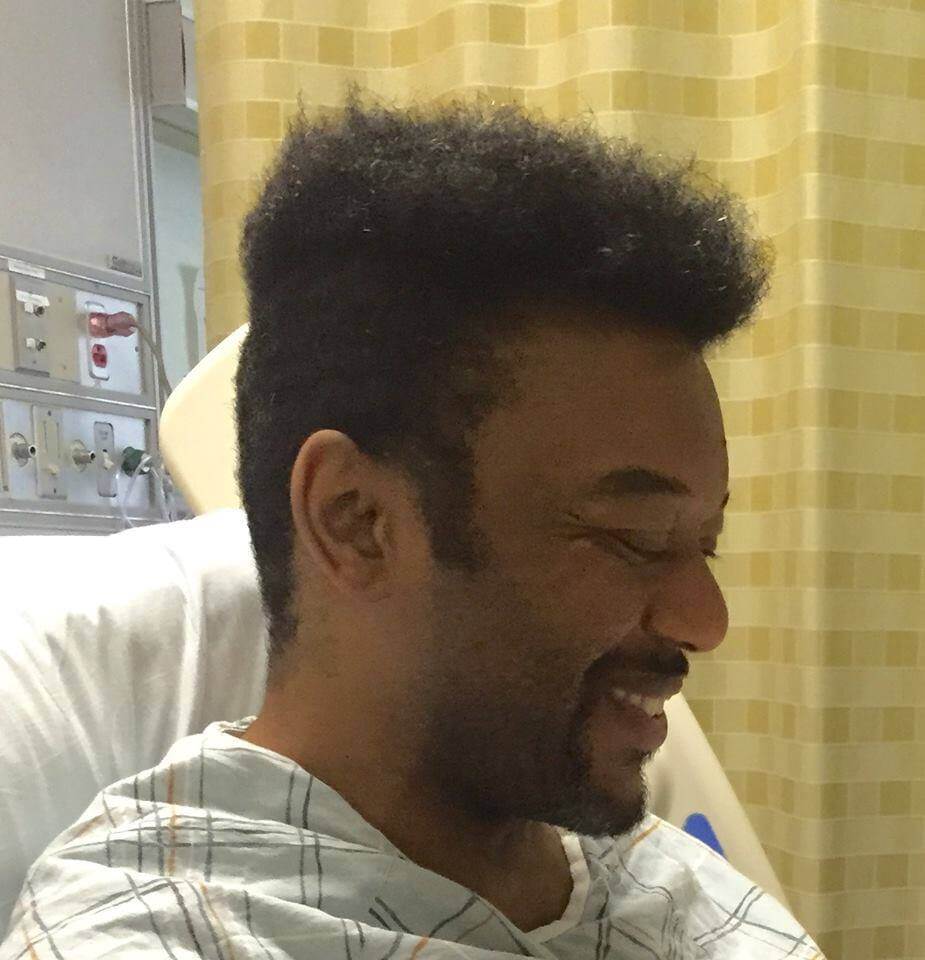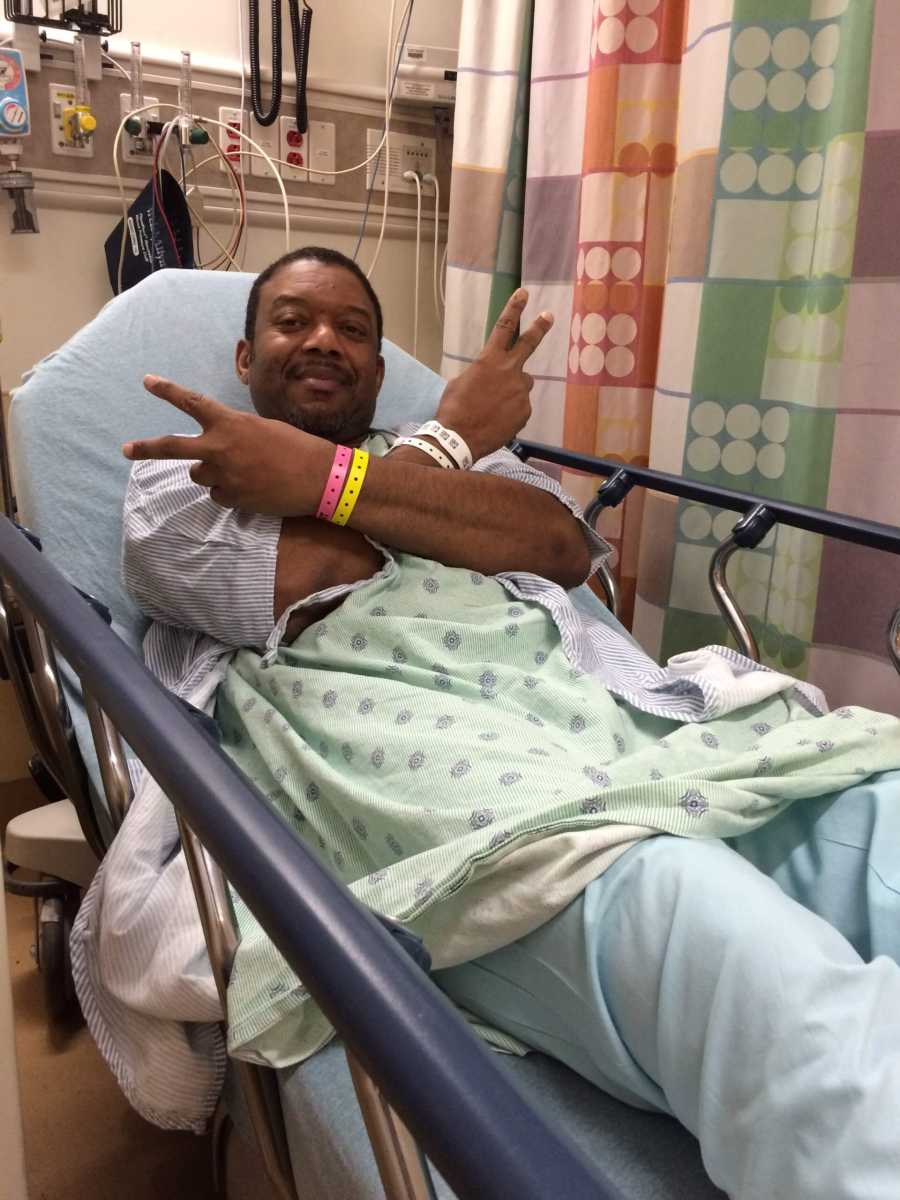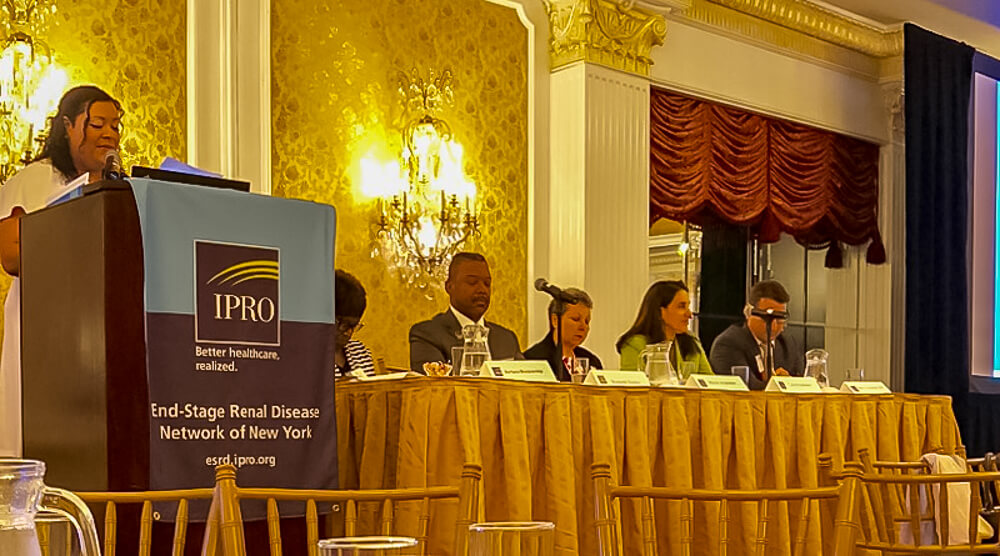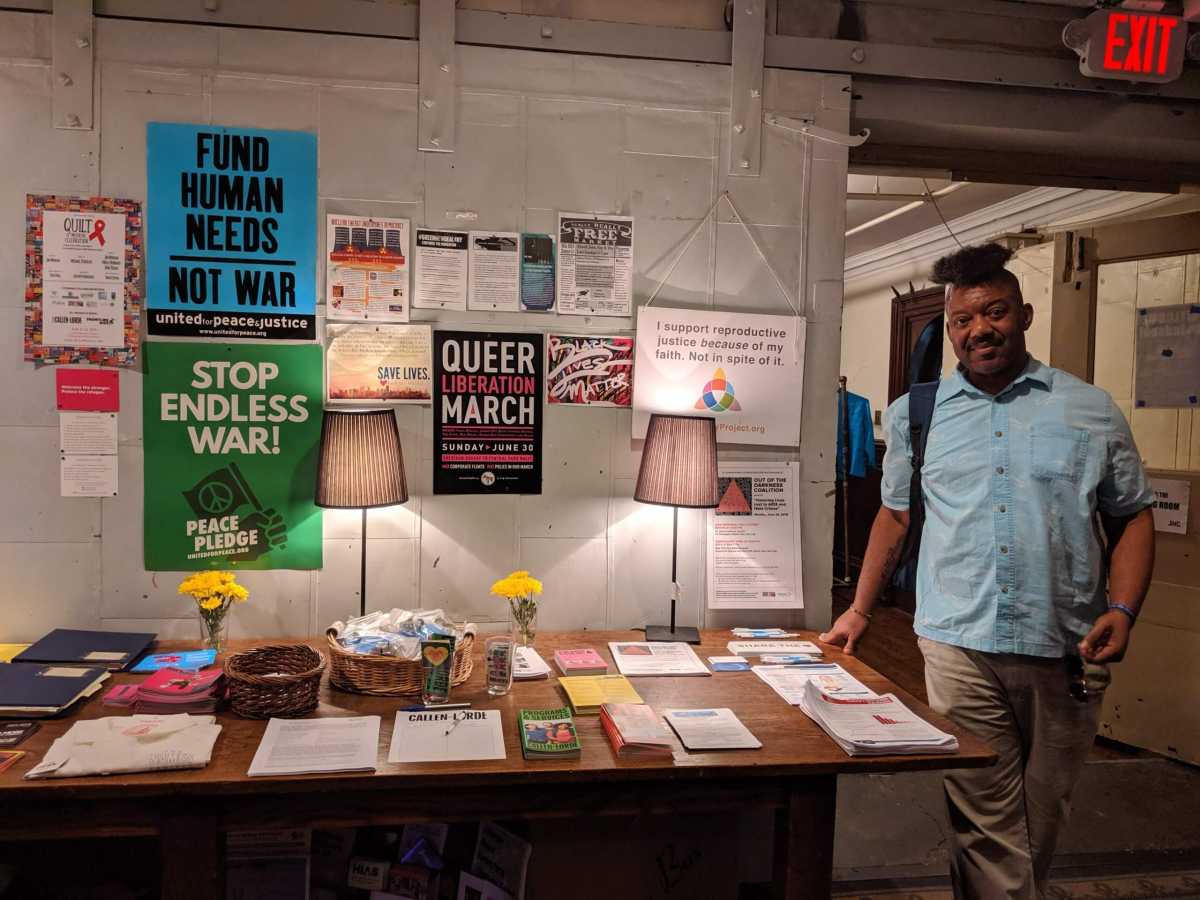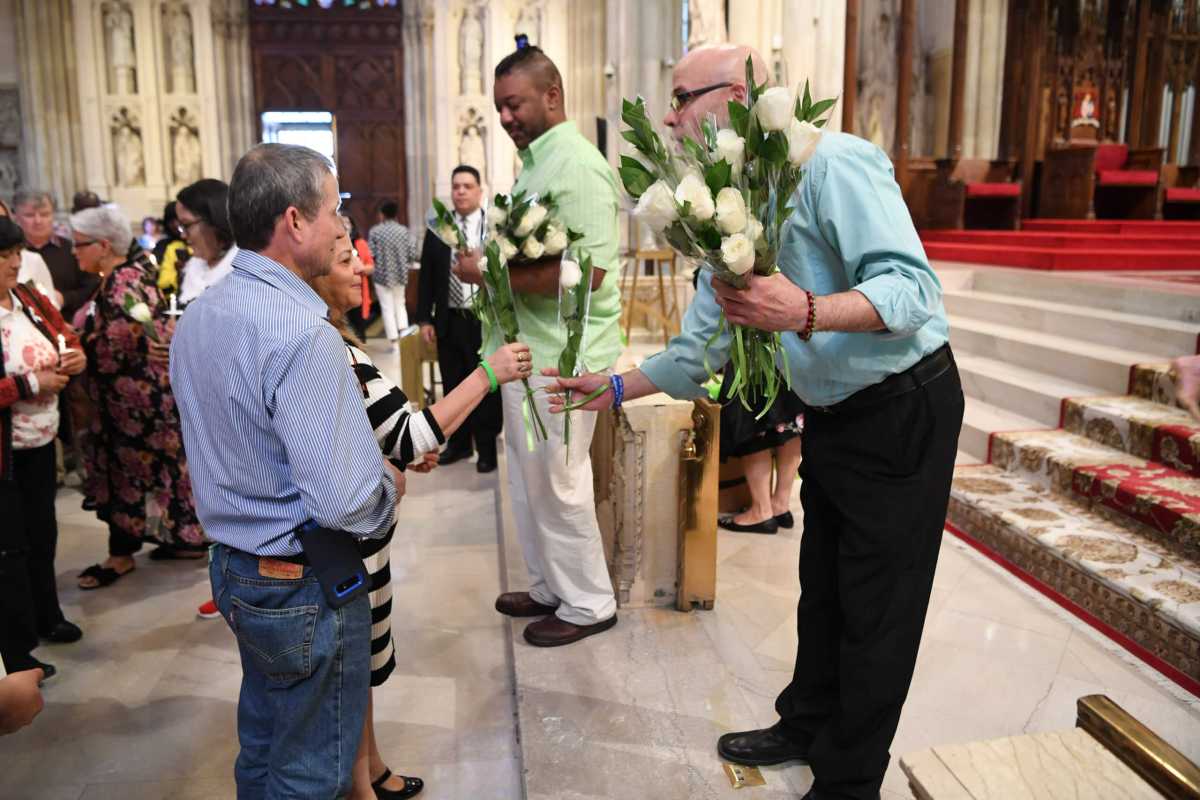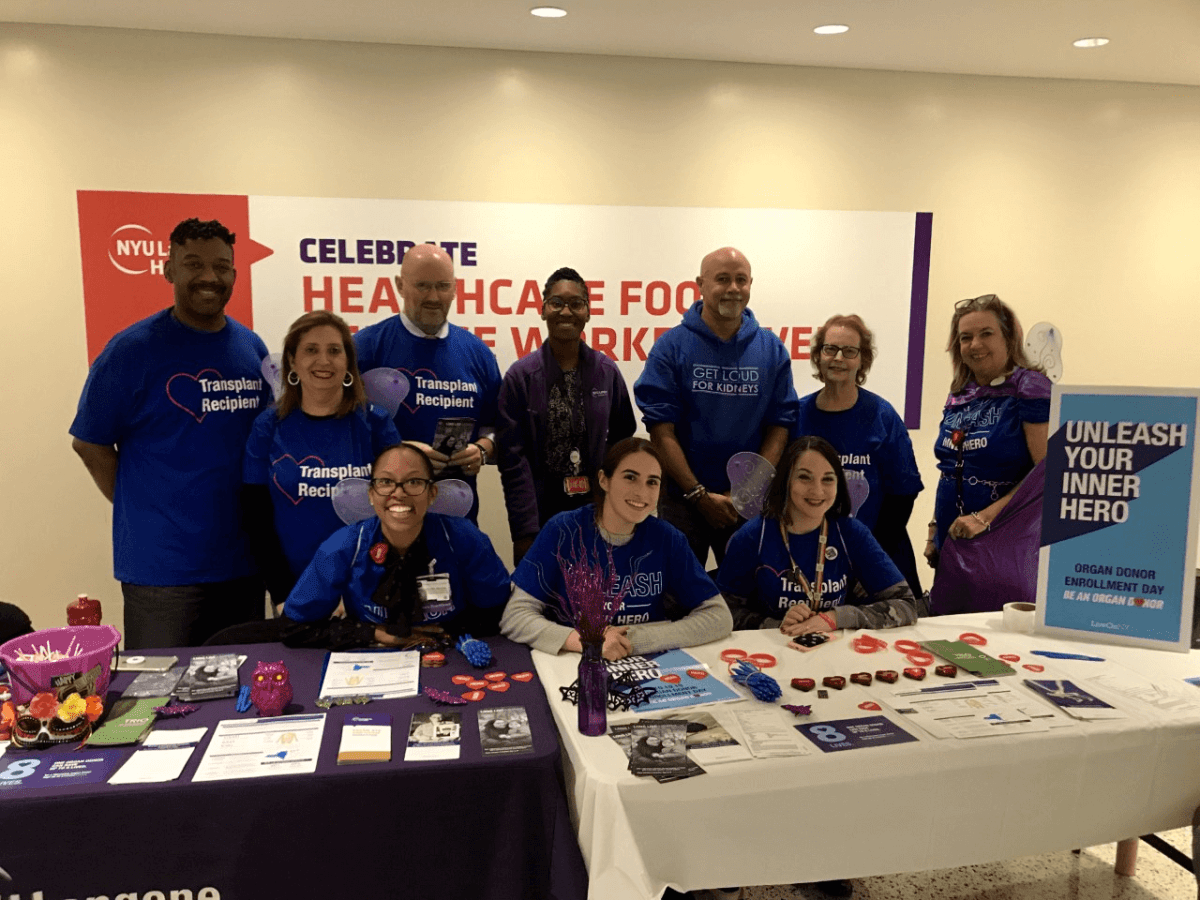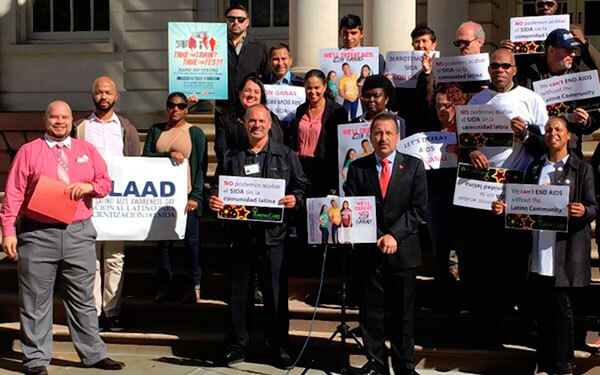In 2013, President Barack Obama passed legislation that would allow HIV-positive donors to give organs to HIV-positive recipients. A Bronx resident was recently New York’s first transplant recipient under the law.
According to the Gift of Life Donor Program, 60 percent of people currently on the U.S. transplant waiting list are people of color, and of those on the list from the Bronx, the percentage is even higher at more than 80 percent.
In recognition of National Minority Donor Awareness Month, Ken Teasley, 54, of Kingsbridge, spoke with the Bronx Times about the HOPE Act and how it impacted his life. He’s been working closely with LiveOnNY — the official organ procurement organization for the greater New York region — to raise awareness on the issue.
Teasley, who was diagnosed with HIV 27 years ago, spent five years on the waitlist before he received a kidney in 2016. In fact, it was discovered he had kidney disease before he was diagnosed with HIV, but just didn’t know it until he was tested some months later.
“Originally I didn’t want the transplant,” he explained. “I thought it would make me sick.”
Teasley grew up in North Carolina and moved to the Bronx in 1990 after serving in the military. Shortly after relocating with his uncle, he discovered he was HIV positive.
He was working in an animal shelter and had planned to go to a four-year college, but when he found out he was sick those plans were shelved.
“At that time we all thought there was just two years for me to live,” he said. “If I only had two years to live why would I go to a four-year school?”
Surviving HIV in the 90s was not easy, he said. The medications were new and always changing.
Eventually, the disease wore away at his kidneys and he spent 17 years on dialysis. Teasley had his left kidney removed in 2012 and a year later, Obama passed the HOPE Act, granting Teasley a second lease on life. Instead of waiting seven to eight years, he received one in five because of the law.
“I had accepted the fact that I was going to be on dialysis for the rest of my life,” he recalled.
Teasley had always been a fighter. At two days old, he had a blood transfusion and in college he underwent a major surgery on his testes.
But his friends, his parents Mamie and Ken and his partner Albert have always been there for him.
“I have a good support system,” he stated. “I talk regularly with my parents.”
Unfortunately, his kidney is now at 20 percent, so last month he evaluated for a new one and is back on the transplant list. Even amongst all these challenges he has always kept a positive attitude and maintained his mental health.
He speaks often about his story to news outlets and hospitals and gets emotional no matter who he talks to. Teasley wants more people to take advantage of the HOPE Act.
“This transplant saved my life,” he said. “I did not expect to be standing here today, but thanks to my donor, I am.”

